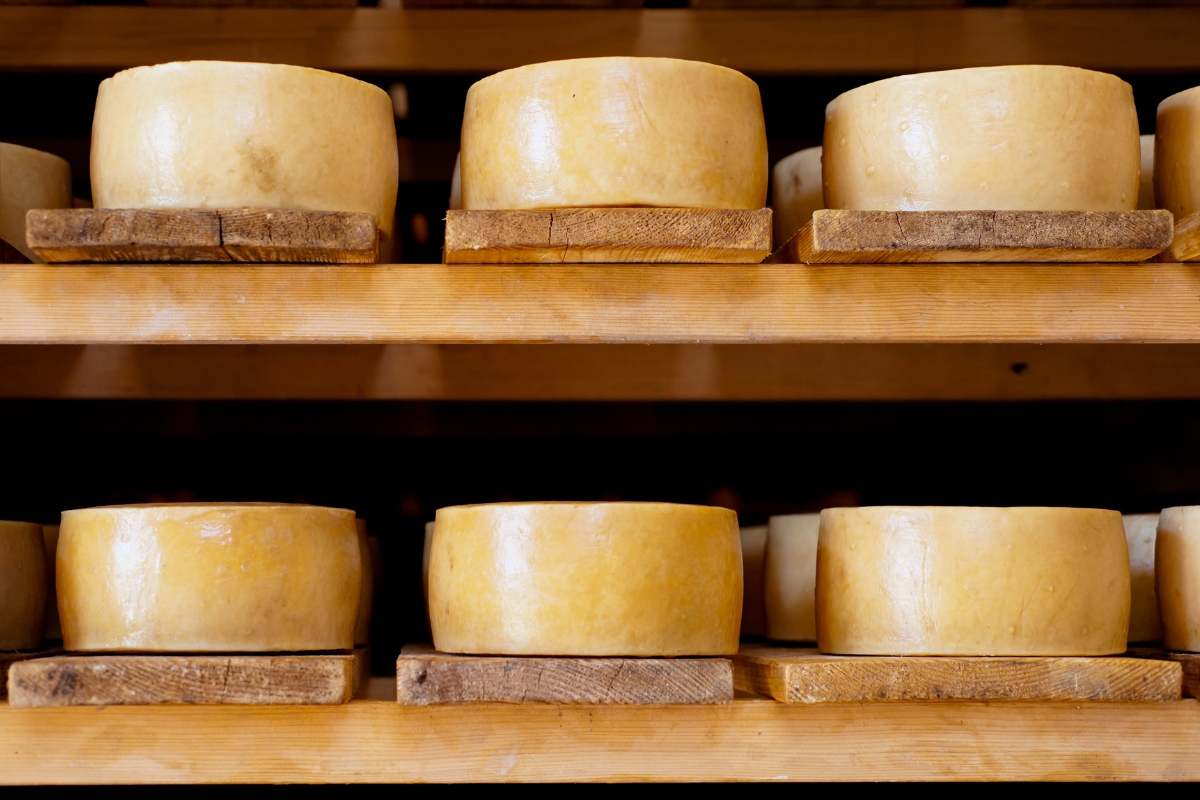Nestled on the western edge of the Iberian Peninsula, Portugal has charmed the world with its rich and diverse cultural heritage. From the soulful strains of Fado to the intricate patterns of Portuguese tiles, the country's music and culture are a reflection of the creative spirit of its people.
The soulful sounds of Fado
Portugal is synonymous with Fado, a genre of music that encapsulates the country's melancholic and poetic soul. Fado, which means "fate" in Portuguese, is characterized by its heartfelt lyrics, mournful melodies, and passionate vocal delivery. It’s said to have originated in the streets and taverns of Lisbon in the early 19th century, from where it quickly became a symbol of Portuguese identity.
Fado songs often revolve around themes of longing, love, and saudade, a uniquely Portuguese word that conveys a profound sense of melancholy and nostalgia. Accompanied by the haunting strains of the Portuguese guitar, Fado singers, known as fadistas, pour their hearts into their performances, creating an emotional connection with their audiences.
Section Type: standardWidthImageS
Amalia Rodrigues at Grand Gala du Disque Populaire in Congrescentrum, Netherlands, 1969

Artistry in Azulejos
Portuguese art finds expression not only in its music but also in its visual culture, most notably through Azulejos. These distinctive ceramic tiles, often adorned with intricate patterns and vibrant colors, can be found on buildings, streets, and public spaces throughout Portugal.
Azulejos have a long history in Portugal, dating back to the Moorish influence on the Iberian Peninsula. The art of tile-making was refined during the Portuguese Renaissance, and it reached its zenith during the 18th century. These tiles tell stories of Portuguese history, culture, and mythology, with each piece serving as a miniature work of art.
Section Type: standardWidthImageS
The masterpiece that lies in the São Bento Railway Station.

One of the most iconic displays of Azulejos can be found at the São Bento Railway Station in Porto, where the walls are adorned with over 20,000 tiles, depicting scenes from Portuguese history. The use of Azulejos is not limited to grand public spaces; many homes in Portugal also feature these beautiful tiles.
A multifaceted cultural tapestry
Portugal's cultural diversity goes beyond music and art; it extends to its festivals, traditions, and cuisine. Festivals like Carnival, held in various cities across the country, are marked by colorful parades, elaborate costumes, and lively music and dance. The Portuguese take pride in their traditions, and many towns and villages host annual festivals that celebrate their unique heritage. The religious festival of Fátima, for instance, draws pilgrims from around the world to the small town of the same name, where it is believed that the Virgin Mary appeared to three shepherd children in 1917.
Portugal's culinary traditions are equally diverse and captivating. From the famous Portuguese custard tarts, Pastéis de Nata, to hearty and flavorful dishes like Bacalhau à Brás (codfish with potatoes and eggs), Portuguese cuisine is a delight for the senses. The country's long coastline also provides an abundance of seafood: dishes like grilled sardines and seafood rice are not to be missed.
Doing things the old fashioned way
Section Type: standardWidthImageS
Portuguese bobbin lace making is an intricate, time-consuming craft but results in beautiful pieces of art.

Portugal is also renowned for its traditional crafts, which have been passed down through generations. Some of the most notable examples include:
1. Cork production: Portugal is the world's largest producer of cork, a natural material used to create everything from wine stoppers to fashion accessories. The cork oak tree, known as the "Montado," is an essential part of Portugal's ecosystem and a symbol of sustainable production.
2. Pottery and ceramics: Portugal has a rich tradition of pottery and ceramics, with regions like Alentejo and Algarve producing distinctive pieces. The colorful and intricately designed pottery reflects the country's artistic heritage.
3. Filigree jewelry: Filigree, the art of crafting delicate jewelry from fine threads of gold or silver, has a long history in Portugal. The intricate designs and fine craftsmanship make Portuguese filigree jewelry highly sought after.
4. Lacemaking: Bobbin lace, known as "Renda de Bilros," is a traditional craft that thrives in various regions of Portugal. The delicate and intricate lacework is often used in clothing, home décor, and ceremonial attire.
Section Type: cta
Whether you're listening to the haunting melodies of Fado, admiring the beauty of Azulejos, or exploring the ancient art of filigree jewelry, Portugal's cultural bounty is bound to leave a lasting impression. Experience it for yourself with SA Expeditions. We’ve got a number of sample itineraries and a whole team of Destination Experts who’d love to craft your bespoke Iberian odyssey.

 Europe
Europe Europe
Europe